
Watch our YouTube Channel
〰️
Watch our YouTube Channel 〰️

Debate over Canada’s fighter jet purchase has intensified as politics, tariffs, and defence priorities collide. While the RCAF insists on the F-35, Sweden’s Gripen offer—complete with Canadian assembly and major job creation—has gained public traction. As diplomatic pressure mounts, Canada weighs reliability, cost, and sovereignty in its final decision.
Canada’s long-running fighter replacement debate has intensified as PM Mark Carney questions reliance on U.S. defence technology and orders a review of the F-35 purchase. With SAAB pushing its Gripen—offering lower costs, high readiness, and Canadian assembly jobs—the decision now balances capability, sovereignty, industry, and shifting geopolitics.
A leaked Defence Mobilization Plan has triggered controversy after revealing aims to expand Canada’s reserves to 400,000 personnel, including 300,000 minimally trained supplementary reservists drawn largely from public servants. Critics accuse senior CAF leadership of poor judgment, deflection, and repeating past mistakes, raising concerns about readiness, credibility, and national defence priorities.
A new mobilization plan proposes expanding Canada’s military reserves to 400,000 despite current recruitment struggles and a 14,500-personnel shortfall. With outdated infrastructure, a dwindling supplementary reserve, and ongoing housing shortages, experts question how such a massive expansion could be achieved. Many argue the CAF must first improve conditions for existing members.
Last Thursday, the Canadian Armed Forces formally apologized for decades of racial discrimination and harassment. The unprecedented ceremony, led by Gen. Jennie Carignan and CWO Bob McCann, featured emotional reflections from racialized veterans and community leaders. The event marked a significant step toward healing, accountability, and cultural transformation within the CAF.

The Government of Canada has introduced the most substantial update to CAF compensation and benefits in decades, supporting Regular and Reserve members, including Rangers and COATS. Pay increases—retroactive to April 1, 2025—have begun, with more initiatives coming. These changes honour the dedication, sacrifice, and essential contributions of CAF members and their families.
After a seven-month deployment across multiple oceans, His Majesty’s Canadian Ship (HMCS) Ville de Québec has returned to Halifax from Operation HORIZON in the Indo-Pacific. The mission strengthened Canada’s partnerships and showcased the Royal Canadian Navy’s dedication to promoting peace, security, and global stability alongside allies and partners worldwide.
On September 19, the Royal Canadian Navy celebrated a Northern Affiliation ceremony with Nunavik, uniting the community with HMCS Frédérick Rolette. This initiative strengthens ties between the RCN and Canada’s North, fostering mutual respect, cultural exchange, and learning opportunities as Arctic and Offshore Patrol Vessels build lasting partnerships with northern communities.

As Canada considers its next submarine fleet, South Korea’s Hanwha KSS-III offers strategic and economic benefits aligned with Canada’s Indo-Pacific strategy. Proven in service, Arctic-capable and rapidly deliverable, the KSS-III program promises industrial partnerships, job creation, and enhanced defence capability through deep collaboration between Canadian and South Korean industries.
Prime Minister Mark Carney has committed to replacing Canada’s aging Victoria-class submarines with up to 12 new conventional-powered boats. Procurement has begun, with input from international builders and Canadian industry. Estimated at $100 billion, the project promises advanced capabilities, Arctic operations, and industry benefits—while raising concerns about training enough submariners.
Seaspan Shipyards completed the Functional Design Review for the Canadian Coast Guard’s Multi-Purpose Icebreakers, advancing to production drawings. Up to 16 Polar Class 4 ships will support icebreaking, SAR, and navigation aid missions. Seaspan also partnered with Bollinger, Rauma Marine, and Aker Arctic to pursue U.S. Arctic Security Cutter opportunities.

Canada’s military leaders warn that global threats are escalating, urging a nationwide “whole of society” mobilization to prepare for potential conflict. While calls for massive recruitment spark public skepticism, the deeper concern remains: Canada is investing heavily in war readiness but not equally in diplomacy to prevent the conflict its leaders fear is coming.
The author confesses delaying criticism of Israel’s actions in Gaza, shaken into speaking out by images of starving children. Canada will join others in recognizing Palestine, though skepticism remains. Lasting peace demands removing extremists on both sides, rebuilding Gaza, investing in opportunity, and fostering honest, respectful dialogue despite polarization.
A movement led by General (ret’d) Rick Hillier urges the Chief of Defence Staff to recommend a review of Private Jesse Larochelle’s Star of Military Valour, potentially upgrading it to a Canadian Victoria Cross. Veterans demand recognition of wartime sacrifice and justice for Larochelle through renewed scrutiny and parliamentary support.

Barry Pitcher, a veteran of both the CAF and RCMP, brings a people-first, mission-driven leadership style to his role as CEO of Commissionaires Nova Scotia. His career is marked by operational excellence, resilience, advocacy for inclusion, and a deep commitment to veterans, community safety, and meaningful service beyond the uniform.

Australia’s bill creates an independent, survivor-centred watchdog with legal duties to prevent sexual violence and hold commanders accountable. Canada’s Bill C-11 offers administrative changes without structural reform, shifting cases to civilians and reducing military accountability. The article argues Australia’s approach protects members, while Canada’s leaves survivors burdened and institutions unchanged.
Canada has apologized for many defence-related injustices — but not to the women who served in a system never designed for them. From unsafe workplaces to decades of ignored gender-specific needs, the harms were real and lasting. Until Canada names and owns these failures, its apology record remains unfinished.
As 2025 ends, the CAF faces its 2026 goal for 25% women in the ranks—a target rooted in decades of human rights rulings, employment equity law, and workforce research, not symbolism. Set in 2010 as “ambitious but achievable,” it aims to strengthen operational capability by drawing on Canada’s full talent pool.

Leonardo showcased its M-346 advanced jet trainer in Ottawa, promoting it as a potential replacement for Canada’s retired CT-155 Hawk and highlighting training opportunities at Italy’s International Flight Training School (IFTS). With advanced simulation integration and cost-effective operations, the M-346 offers efficient preparation for 4th and 5th generation fighter pilots.
The Canadian Patrol Submarine Project (CPSP) will deliver 12 new submarines, strengthening Canada’s defence, Arctic security, and NATO commitments while creating major economic opportunities. With 17+ years supporting the Victoria Class, Babcock Canada is leveraging its expertise to ensure through-life sustainment, workforce development, and operational readiness for Canada’s future submarine fleet.

Canada’s domestic defence and space sectors are advancing with major investments and partnerships. New funding boosts sovereign launch capabilities in Nova Scotia and Newfoundland, while key contracts strengthen Army training, RCAF aircrew programs, and naval water purification. International collaboration—particularly with Korea—continues to expand Canada’s strategic space and defence footprint.
Hanwha Ocean has teamed with Babcock Canada to strengthen its bid for Canada’s new submarine fleet. Babcock, a key player in Canada’s current submarine support, will provide exclusive in-service support if Hanwha wins the Canadian Patrol Submarine Project. The partnership promises fast delivery and low-risk sustainment for up to 12 subs.
CAE won an Italian Air Force contract for its MQ-9A Block 5 Predator Mission Trainer Plus, developed with GA-ASI. Calian secured a $250M DND healthcare contract amendment. Galvion received a follow-on order for 5,000 Caiman helmets. OSI Maritime tested its CADA navigation aid. Safran chose France for a $500M carbon brakes factory.

Aero Gatineau-Ottawa 2025 delivered three days of perfect weather, thrilling aerial performances, and family fun. From the Snowbirds, SkyHawks, and vintage warbirds to aerobatic displays, jet passes, and even superhero skydivers, the show offered something for everyone. With new kid-friendly activities and crowd-pleasing stunts, it was an unforgettable weekend.
On the 80th anniversary of the end of WWII, the Hong Kong Veterans Commemorative Association (HKVCA) honoured “C” Force—1,975 Canadians sent to defend Hong Kong in 1941. With nearly 2,000 deployed, 290 were killed and 1,685 captured, enduring brutal POW camps. The reunion celebrated sacrifice, resilience, and remembrance.
On August 10, Ottawa’s National Peacekeepers’ Day ceremony honored fallen Canadian peacekeepers, marking the 51st anniversary of the 1974 Buffalo aircraft tragedy. Led by dignitaries including MGen. (ret’d) Lewis MacKenzie, the event also reflected on UN mission failures in Rwanda, Somalia, and Yugoslavia, and praised Canada’s historic peacekeeping contributions.

Canada’s fighter jet decision remains unresolved as Prime Minister Mark Carney reviews the F-35 purchase amid U.S. political tensions. Saab has launched an aggressive campaign for its Gripen, promising Canadian assembly, thousands of jobs, and technology transfer—intensifying a heated PR battle with Lockheed Martin as the RCAF awaits a final choice.
Defence Minister David McGuinty’s missed deadline to release the F-35 review has intensified political pressure on the Liberals, with media and opposition demanding answers. While McGuinty fumbles communications, Conservative MP James Bezan attacks the government—despite his party’s own record of delays, cuts, and veterans’ neglect when in power.
Vice-Admiral Angus Topshee’s recent interviews raised eyebrows after he suggested Canada could buy submarines from both German and South Korean suppliers. Defence experts slammed the idea as costly, and Prime Minister Mark Carney swiftly rebuked the notion, reaffirming a single-fleet strategy. PMO and PCO are now moving to rein in Topshee’s media freelancing.



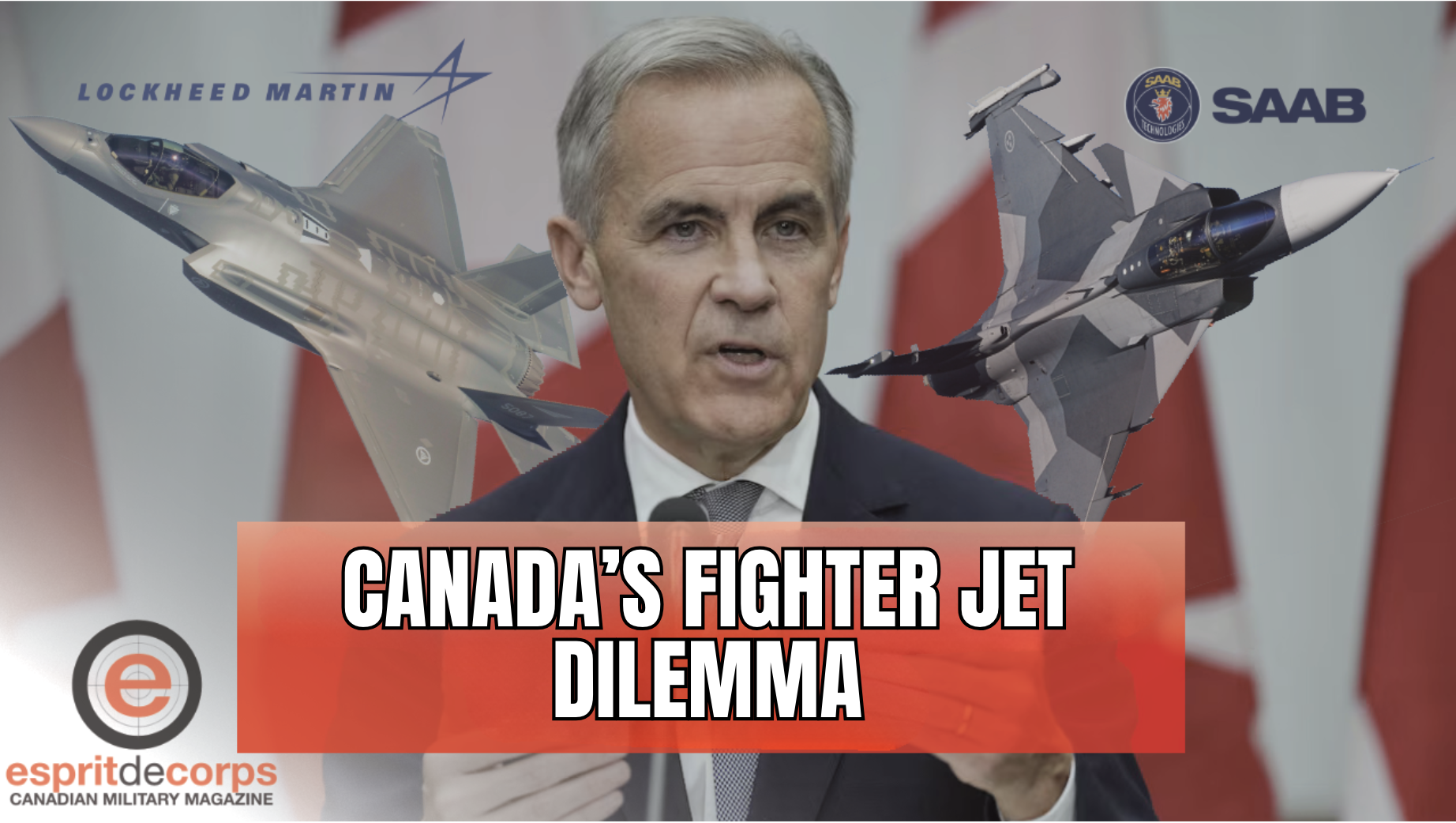
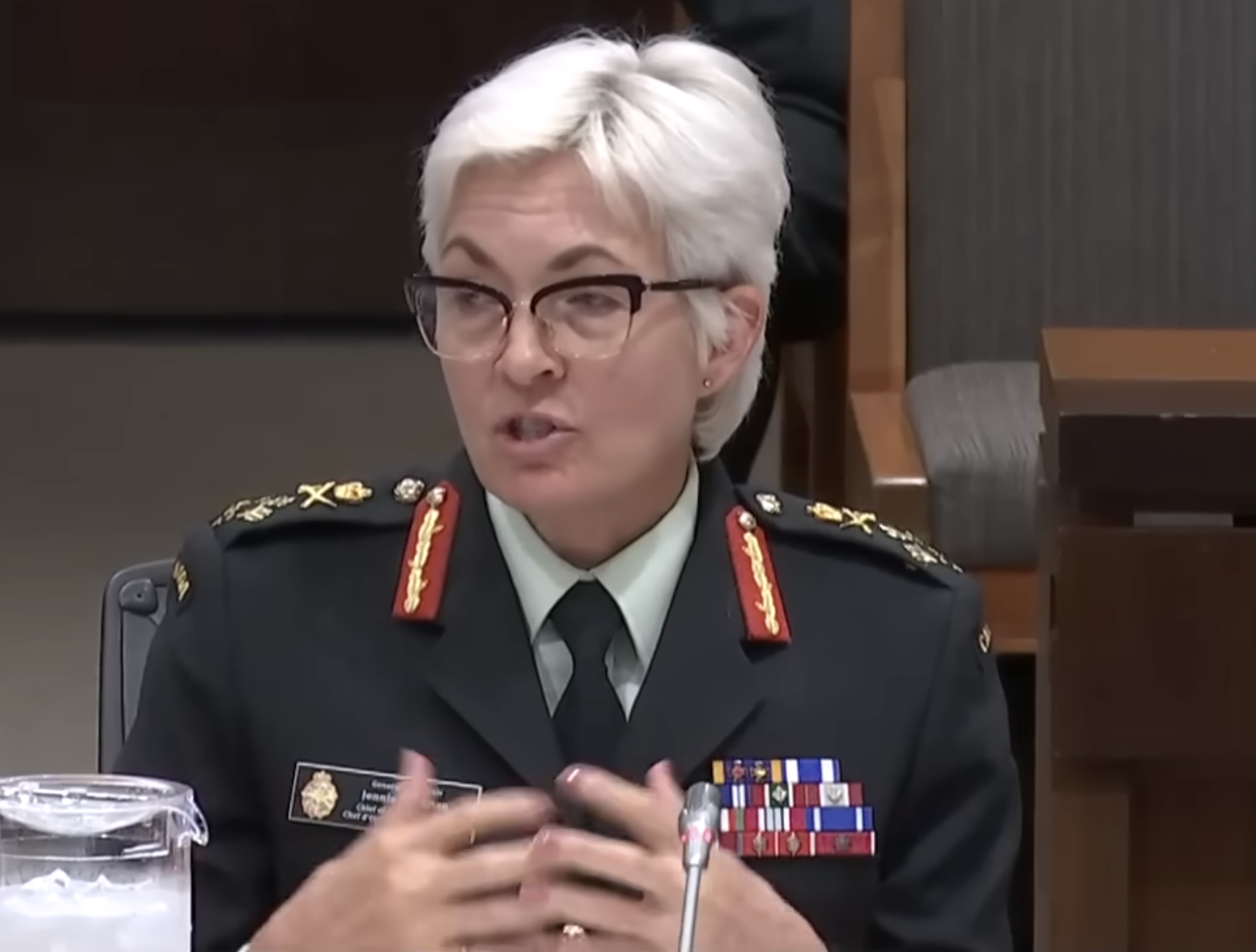
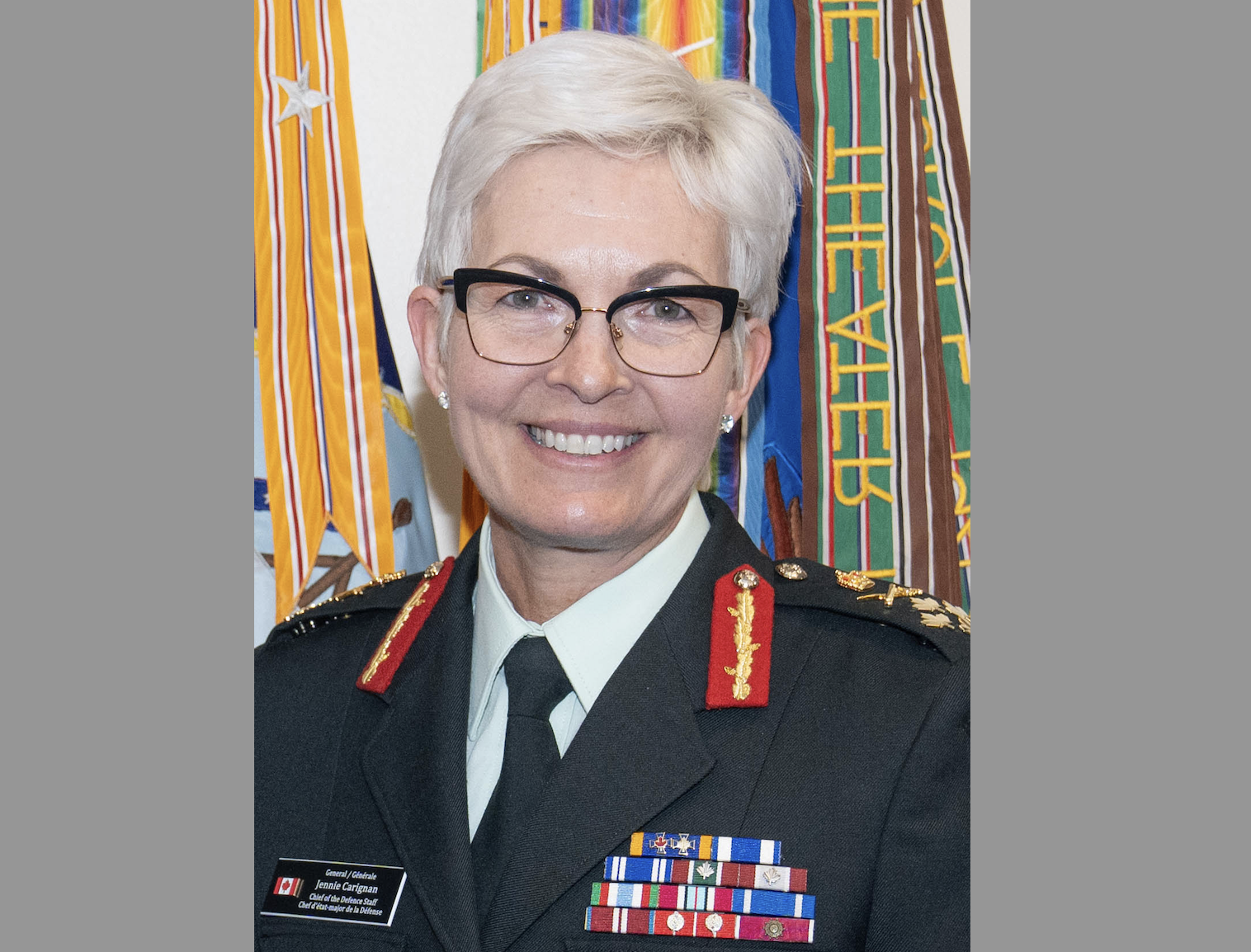












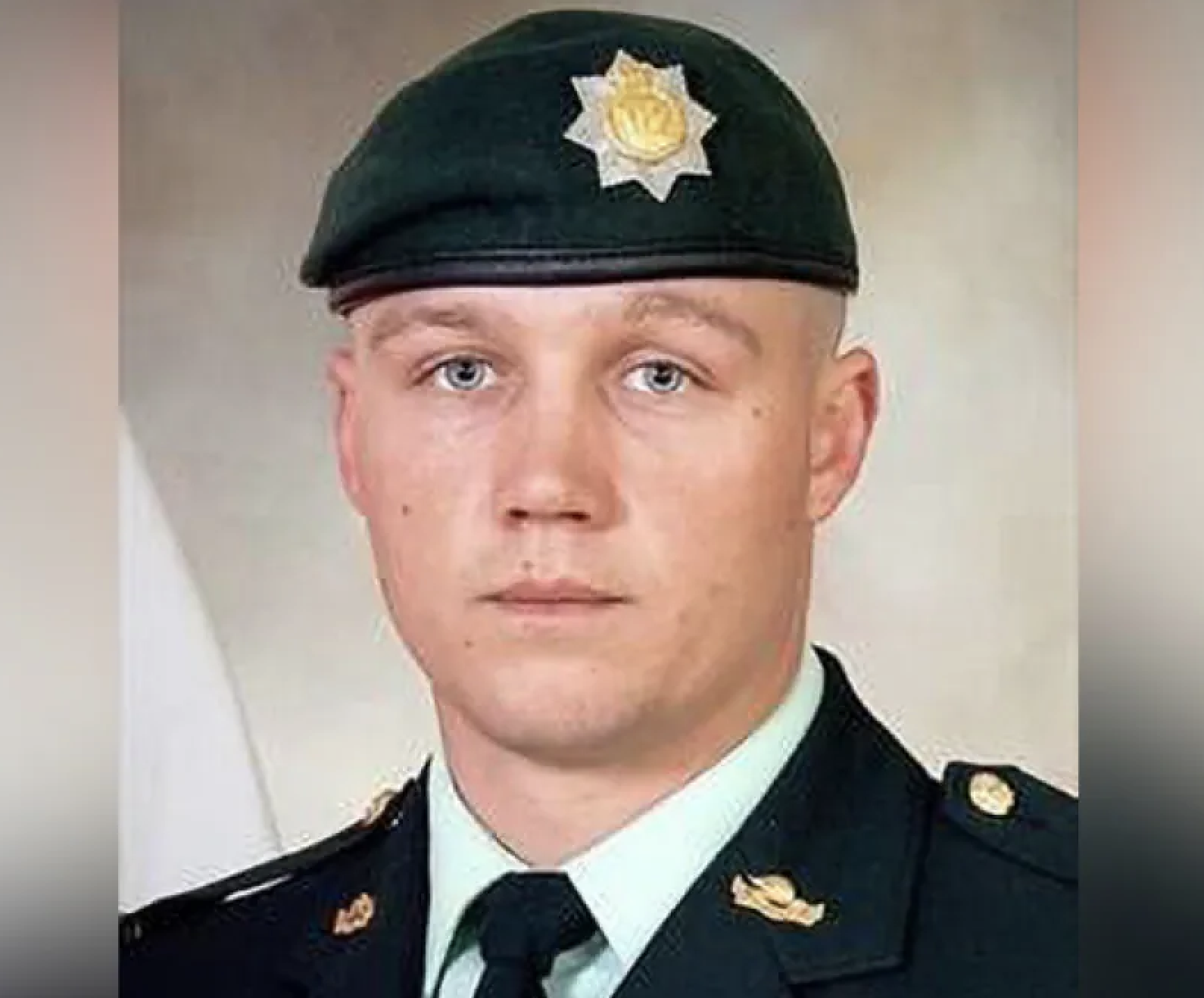





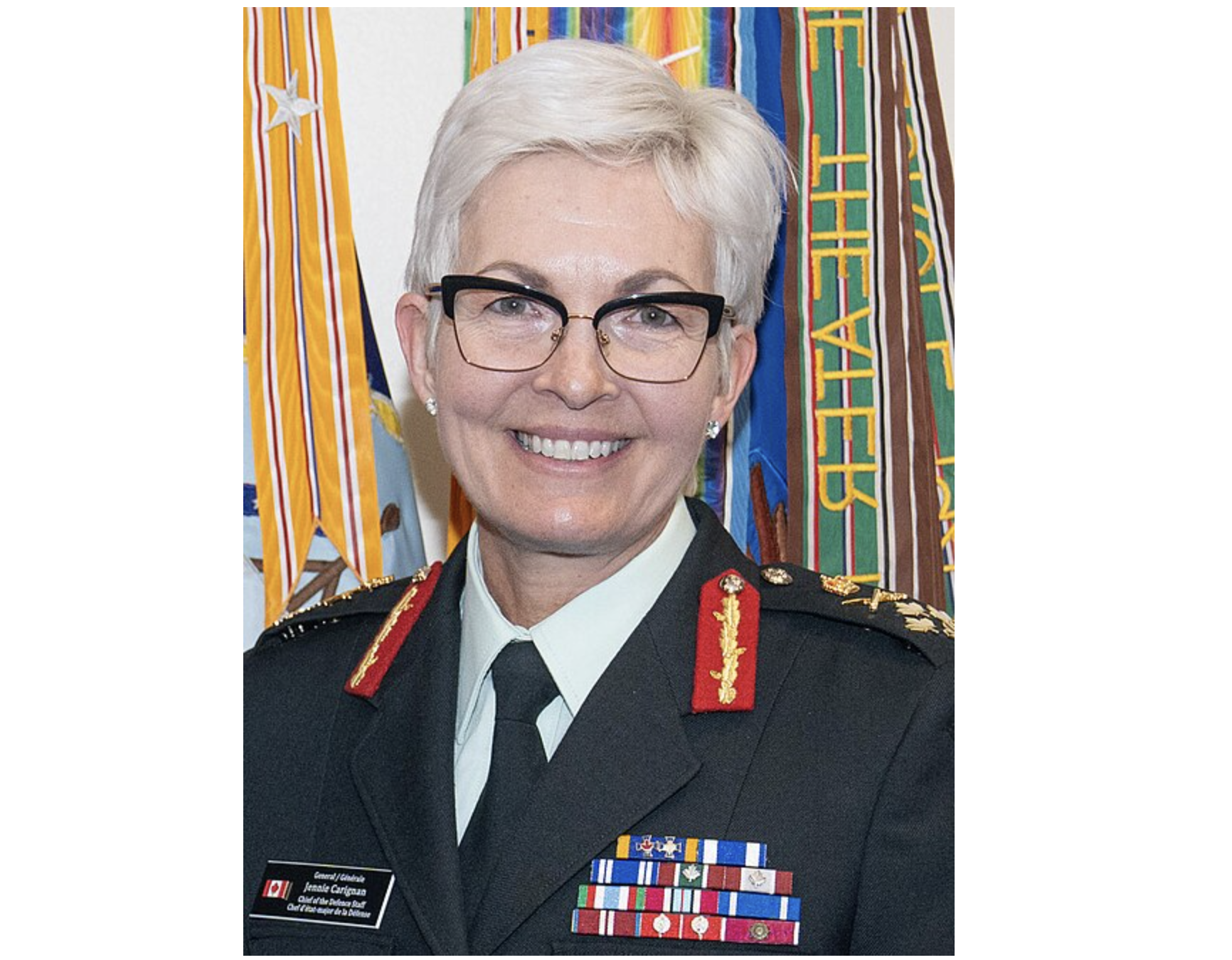






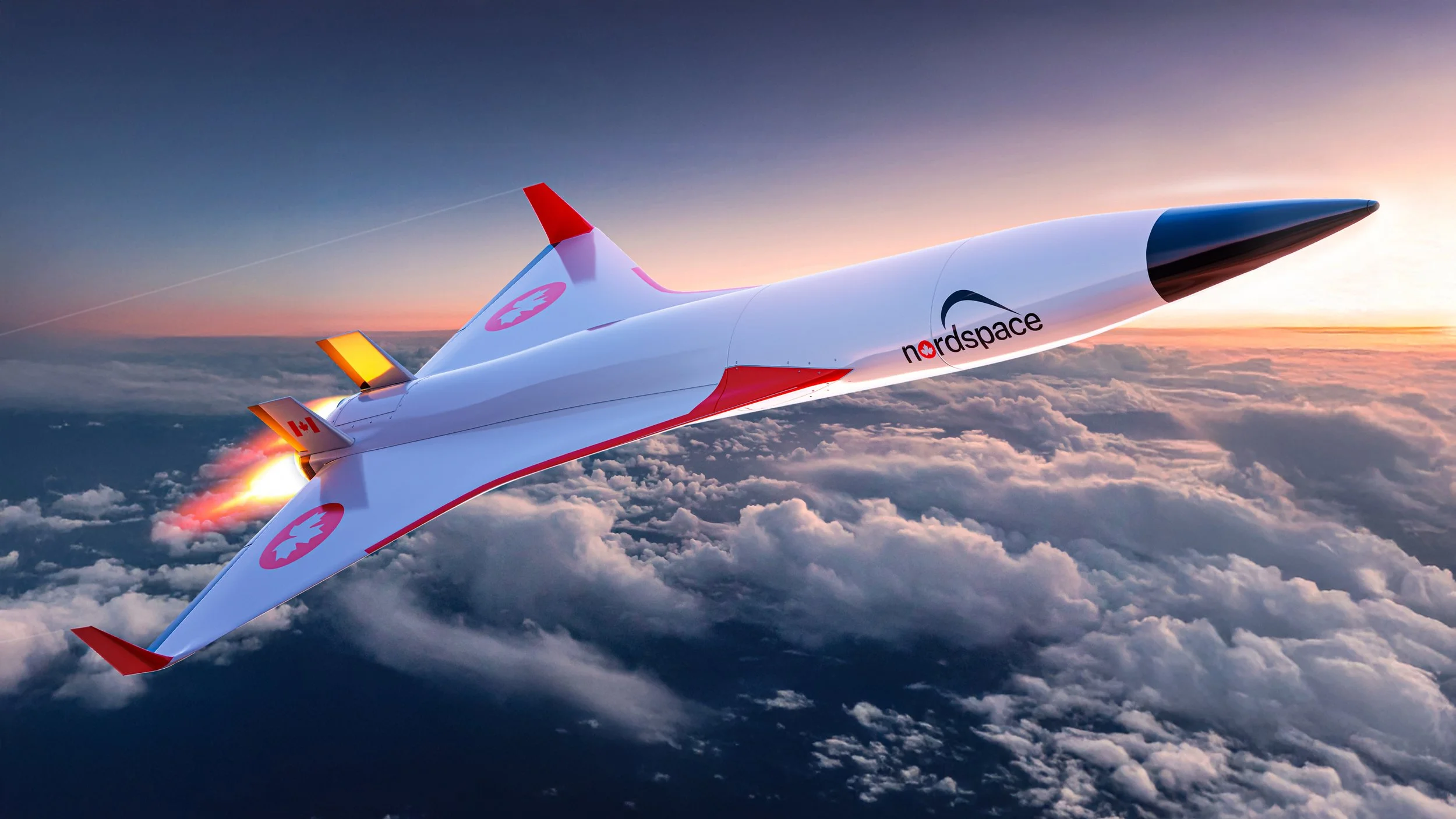






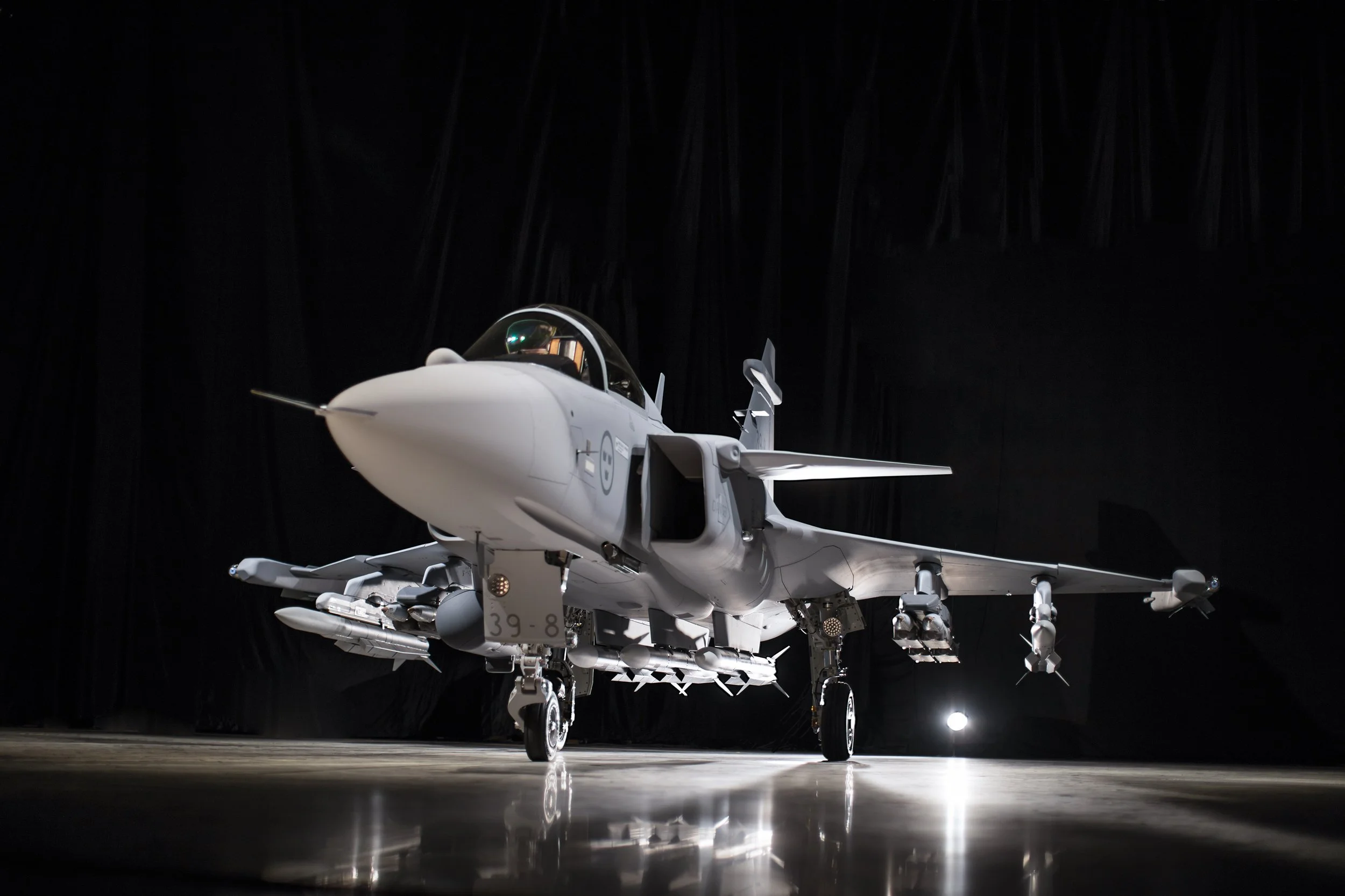







Canada’s latest $200M contribution to Ukraine, part of NATO’s PURL initiative, will fund U.S.-sourced air defence systems and ammunition. Despite calls to reduce reliance on American weaponry, Canada continues directing defence dollars to U.S. firms. The article argues Canada should shift toward domestic production, including building Swedish Gripen jets in Canada.